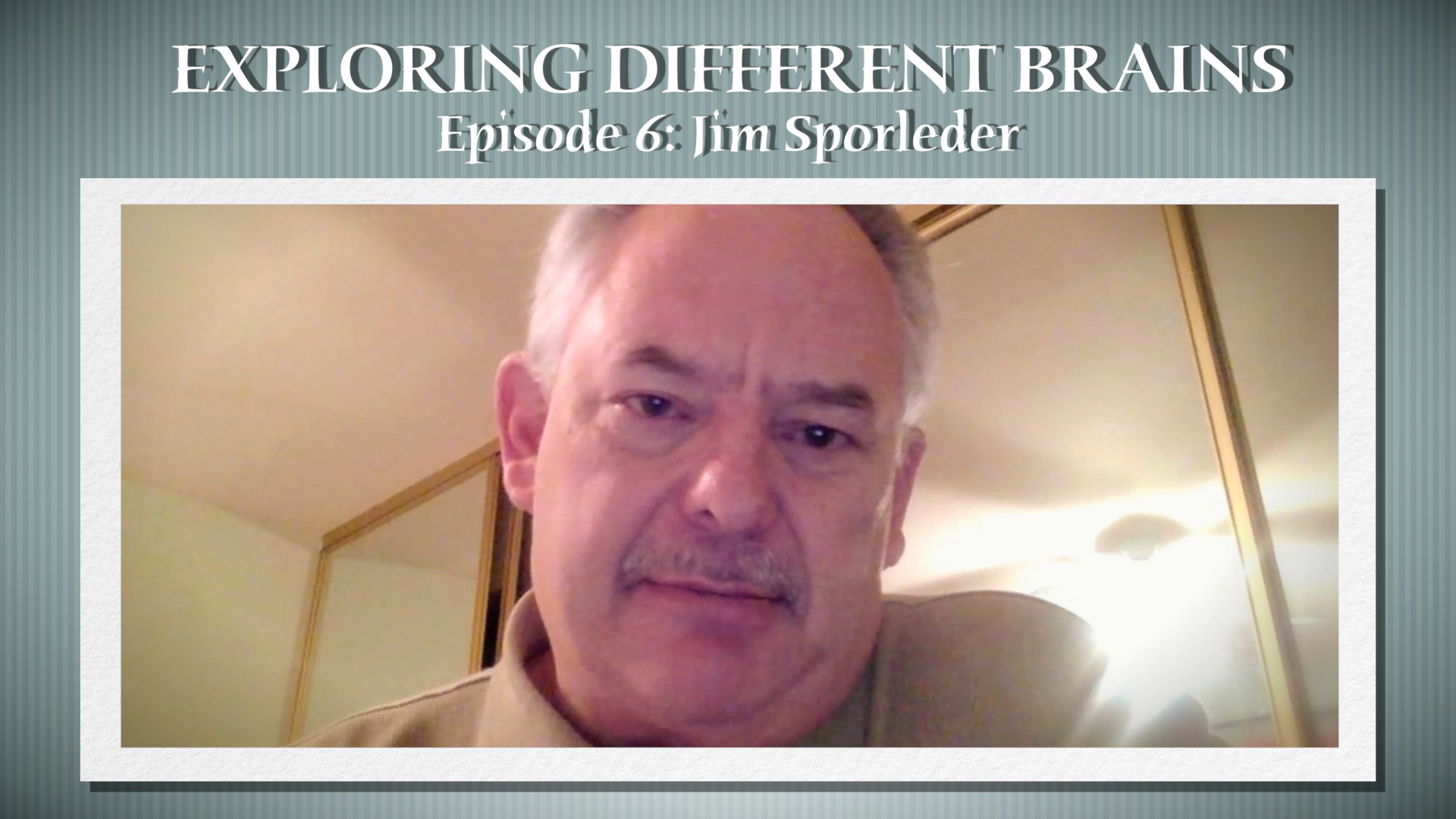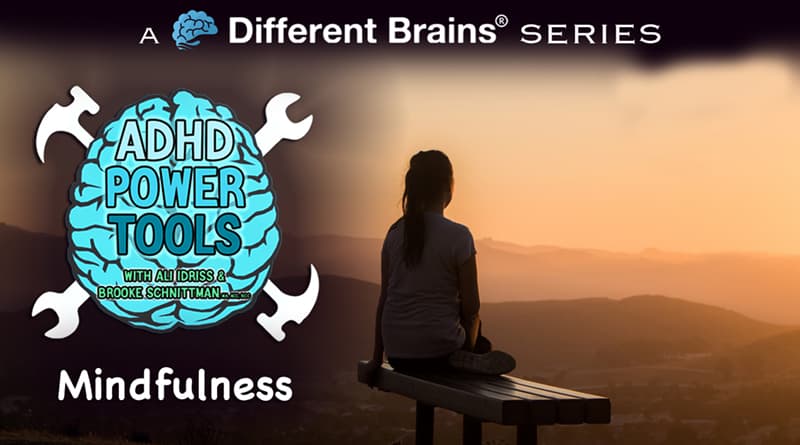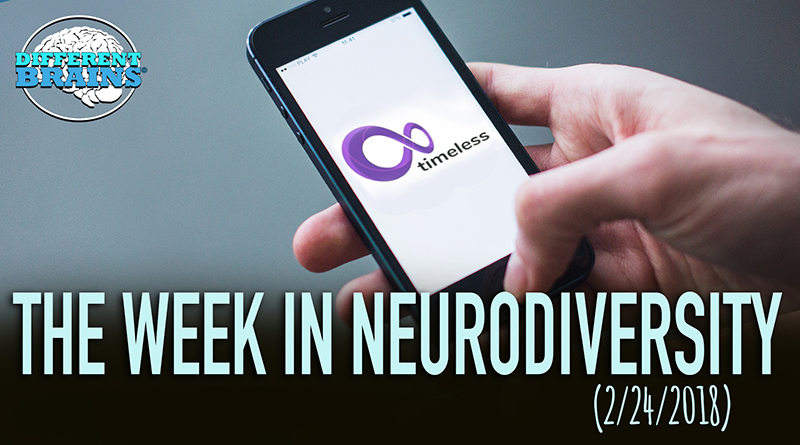What is REBT? with Dr. Debbie Joffe Ellis | EDB 167
Featuring psychologist and REBT proponent Dr. Debbie Joffe Ellis
(26 minutes) Debbie is also a private practice mental health counselor in New York City and an adjunct professor at Columbia University. She also delivers lectures, workshops and seminars throughout the US and across the globe about Rational Emotive Behavior Therapy (REBT). Join Debbie and host Dr. Hackie Reitman as they discuss the basics of REBT, it creation by her husband Albert Ellis, aspects of irrational thinking it seeks to correct, and the positive impact the therapy can have on everyone’s lives.
For more information about Dr. Debbie Joffe Ellis, visit: www.debbiejoffeellis.com
To listen or download the podcast version of this episode, see the embedded player below.
Or look for us on your favorite podcast provider:
iTunes | Stitcher | SoundCloud
TRANSCRIPTION
HACKIE REITMAN, M.D. (HR): Hi I’m Dr. Hackie Reitman, welcome to another episode of Exploring Different Brains, and today’s a big one for me, it’s a great honor. We have Dr. Debbie Joffe Ellis, and she’s going to tell us all about REBT, and also about her award she got from the World Health Organization for holistic medicine, and so much more! Debbie, welcome!
DEBBIE JOFFE ELLIS (DJE): Oh hi, Hackie! It’s such a pleasure to be with you and your viewers, a pleasure, thank you.
HR: Thank you so much, you know, when you gave your workshop down here in Boca Raton, my daughter, Rebecca Reitman and Patty Fizzano, who’s a special ed teacher, they went to see her and they were so excited, learned so much, it was just terrific. So I called Rebecca, my daughter, and said, “Do you have any questions that I can ask?” and she said, “Well just say hello for me,” so my daughter Rebecca Reitman says hello.
DJE: Hi, Rebecca and Patty! Hi!
Understanding REBT
HR: Let’s get right to it, because a lot of our audience is probably like me, and didn’t know until I started reading about you, anything about REBT, so why don’t you tell us what it is.
DJE: Okay, well REBT, the letters standing for Rational Emotive Behavior Therapy, and REBT is the pioneering cognitive approach that heralded in the cognitive revolution in psychotherapy. A lot of people have heard of CBT- Cognitive Behavior Therapy, and that was developed, the father of it, is Aaron Beck, and that was all that came out fifteen years after Rational Emotive Behavior Therapy, it was created by my late husband, Albert Ellis, and in fact, Ellis and Beck corresponded, and Aaron Beck credits my husband and his work for their immense influence in his development of Cognitive Behavioral Therapy. REBT is, in my view and the view of many others, the most holistic of all the cognitive approaches, and in articles written by Albert Ellis and Aaron Beck and Christine Padesky, a wonderful CBT practitioner and teacher. They all agree that REBT is the most philosophical of the cognitive approaches. Because it is in addition to being no nonsense, no BS, active, directive, practical; it’s also imbued with compassion and the encouragement that people practice, unconditional acceptance, so I love it because it’s “Do it!” along with at the same time have compassion on yourself and unto others.
Neurodiversity and REBT
HR: When I was doing some reading about Albert and yourself and REBT, what struck me, that it kind of goes along with Different Brains®, what we’re trying to do at differentbrains.org, is it focuses thusly as you just described, another way of saying it is it focuses on the positive steps you can take. It’s positive, get rid of the negative and let’s get down to what’s positive. How would you say what I just said, better and more in line?
DJE: The manner of REBT or the essence of it, is realistic optimism. Not romanticism, not Pollyanna-ism for those of us who remember the children’s book Pollyanna (chuckles) unrealistically looking for the bright side, because REBT of course admits that some things are very bad. It wouldn’t assert things that all things are for the best, many things can be beneficial, many rotten things can be beneficial, if we choose to learn from them. And again it avoids sweeping over generalizations, so it’s grounded, but it’s imbued with hope. You know, where there’s life, there is hope, unless we’re in literally physical pain twenty-four hours a day, unless we are too cognitively impaired, should choose the attitudes and the way that we think. At some point, Hackie, if and when you’re ready, I’m happy to share with you the basics of REBT, but to answer your question, it’s positive in a realistic, optimistic.
HR: …and I think it was Psychology today who said that your REBT and Al, and what you guys have done was more significant than Freud’s work!
DJE: Well, surveys done by the Canadian Psychological Society and various american psychological societies particularly in the late 1980’s found that Al’s work was in fact more impactful than freud’s. You know with the heralding in of the cognitive revolution. When Al studied psychology here in New York City at Columbia University, by the way, the very same building he studied where I’m now teaching! Yeah, teaching REBT and also comparative psychotherapies. You know, Freud was the Lord the psychotherapeutic universe, and Al was the first one to strongly and vigorously assert that you don’t need to spend great amounts of time analyzing your past or your childhood in order to be emotionally and mentally healthy in the present. Certainly, it can be informative to understand where we might’ve learned some of that dysfunctional thinking, but to spend more time on it than making that connection can be a waste of time and money for many people. I do want to acknowledge the work of Adler by the way, which Al also acknowledged, he gave credit where credit was due, and Adler’s, Alfred Adler certainly had cognitive elements in his work, when he also broke away from the Freudian approach, but he did maintain certain elements of it that Adler did not. So in a forceful way, Al again found and shared pragmatic techniques and tools and compassionate philosophies, to replace long term therapy that often included focusing on the past and free association, and again it might’ve provided insight for people with the time, luxury and money, to do that. But Al wanted no nonsense- for many people, brief therapy that worked and could change their life if they were willing to make the effort to change their thinking.
The Tenets of REBT
HR: Let’s do the basics of REBT by Dr. Debbie Joffe Ellis.
DJE: Ok! Well here we go. Well the first essential tenet of REBT and then, again, in addition to having credited Al Adler, Al gave credit to his other influences which included stoic philosophers, eastern philosophers, certain contemporary philosophers of his time, like Bertrand Russell, John Dewey, and general semantics’ Alfred Korzybski, which I already mentioned, so credit where credit is due. The first tenet is: it’s not an event, it’s not what happens that creates a person’s emotions but their perception of what happens, what they tell themselves about what happens, that creates their emotions. So, some people who are addicted to being a victim may not like REBT, because you don’t get to blame another person or your circumstance, you know? we have the responsibility, the creating our own emotional destiny. So the second main tenet of REBT is: when you’re thinking in healthy rational ways in response to adverse conditions or situations, to not getting what you want, or getting something, or a situation you don’t want. We think in healthy, rational ways, we create healthy emotions, or what REBT calls “healthy negative emotions”. Negative not because they’re bad. They’re not bad, actually they’re enriching, but the word negative because they’re not so pleasant, and I’ll elaborate on that in just a few moments. And REBT tells us when we think in irrational ways, we create unhealthy and debilitating emotions. So then the next great offering of REBT is that it teaches us, or it defines the unhealthy versus the healthy emotions that we create according to the way we think about what happened. The unhealthy, debilitating ones we create when we think in irrational ways include: Anxiety, panic, extreme fear, include depression, despondency and hopelessness, include rage, and include shame and guilt. When we think in rational ways about the same circumstance, then we will create concern instead of anxiety, panic and excessive fear. Concern is healthy, it can motivate us to do something, you know? REBT isn’t about being neutral, and you know peace, love, I accept, No!
REBT wants us to live an intense life, but intensely healthy life. To feel our emotions, but to create healthy ones rather than paralyzing or debilitating ones. So anyway, when we think in rational ways, we will create appropriate sadness, disappointment, and grief rather than debilitating depression, despondency and hopelessness. No, when someone we love dies, it’s healthy to experience grief, and some people mistake depression for grief. With grief, grief is very much married to our love of the personal people we’ve lost. We are deprived of them in our physical life after they die. But when we’re experiencing grief, we still are able to live a very productive life, and it changes all the time. Depression can keep us thinking and spiraling down. When we think in healthy ways, we create what REBT calls healthy anger, rather than rage, and I’ll elaborate. With rage, we often make it a bad situation worse. We are ruled and dominated by emotion and we react rather than thoughtfully respond. Now REBT is humanistic to its core, and it holds a premise that if the human being isn’t damaged, then the inclination will be to do no harm, and to care about others, and life, and one’s self, and to do good where possible and doable. So healthy anger is an experience of either receiving or observing unethical behavior from others. And instead of adrenaline-fueled, no, that can come up. We don’t react. We’re able to consider, what is the most productive thing I might do right now? Run for the hills, speak calmly to the person, call 911, meditate, do a vigorous workout? We can consider what might be the most appropriate or beneficial action to take, and so that’s healthy anger in REBT. Again, not being neutral, not being apathetic, when immoral or unethical things happen, feeling what we feel and then choosing what we-
HR: – question, and I hate to interrupt because this is terrific. But what you just described- the difference between rage, which really is when the event goes right to your amygdala and your fight-or-flight, and what you’re saying is with REBT you stop and switch it over to your prefrontal cortex, and consider things logically, so you’re not immediately reacting. Would that be an accurate assessment?
DJE: A beautifully accurate assessment Hackie, yes.
HR: okay, keep going! even a broken clock is right twice a day! so we’re okay-
DJE: (chuckles) the clock doesn’t seem too broken! so I’ll keep watching the time!
HR: (chuckles) keep going, and don’t let me interrupt.
DJE: No, you’re welcome to interrupt! So then when we think in healthy, rational ways in response to a difficult circumstance or situation, then we will create regret instead of guilt and shame. Guilt and shame are paralyzing, guilt and shame are often contributors to people’s attempts to end their lives. Regret is important again hacking ???back to the humanistic core of REBT, we’d been willing to accept that we’re fallible human beings and if we’ve screwed up, if we’ve failed at something, if we’ve made bad mistakes, it doesn’t mean we’re a mistake, it doesn’t mean we’re failures, it means we failed at that, and Drew??? Grant will allow us to contemplate our mistaken or failed actions and hopefully not repeat them again. So I hope that’s cleared the difference between the healthy and the unhealthy negative emotions.
HR: Very clear, and very well said.
Separating rational and irrational thinking
DJE: Great! and then so the next offering of REBT is teaching us difference between the healthy, rational ways of thinking and unhealthy, irrational ways of thinking, and REBT reminds us that every human as far as we know, who isn’t too much brain impaired, cognitively impaired, has the capacities born to think in both irrational and rational ways. And as we develop particularly into adulthood, when we’re aware of this then we have a choice, and we are not controlled or ruled by irrational assumptions and beliefs that we may have taken on through osmosis, through society, through our family, through our community, telling us this is what we should believe. We’re able if we know we have a choice, to choose to discern about whether we’re thinking in helpful or unhelpful ways, and so REBT teaches us the difference, and so I’ll start with describing the elements of irrational thinking, and the elements of rational thinking have a 180 opposite of us. So the first one is: when we think in irrational ways, we think in rigid ways. We think in demanding ways, with should’s and must’s or ought’s. Al came up with colorful expressions and phrases, and one of them is stop should-ing on yourself, and another one is it has a U in it, okay? it’s not an A, it’s not my aussie accent; he would say, stop your- with a U- Must-erbation.
HR: Very good word, must.
DJE: Yes, stop your musting! So when we think in irrational ways, we do that and we again, words that Al created, catastrophized, we awfulize, we blow things out of all realistic proportion- making a mountain out of the mole hill, and sometimes a molehill out of a mountain. We take things too seriously, we- there’s an absence of humor. We think in stereotypical ways as I mentioned earlier, we can tend to over-generalize or think in absolutistic ways. We have LFT, which stands for Low Frustration Tolerance, in other words, “I must have what I want when I want it as the little baby I am.” It’s very closely related to the condition of “I can’t stand-itus”, and finally, when we think in irrational ways we have the tendency to damn, look down ourselves, and others, and life itself, when we or others are alive, doesn’t act or be the way we think it should. Now Al, in his brilliance, was able to divine three core irrational beliefs that so many of us can hold, from which infinite others can flourish, and the first one is: I must do well, and be loved, liked, adored, or approved of by everyone. The second one is: You must treat me well and/or act the way I think you should. That belief is at the heart of terrorism and hatred. We are a person of a certain belief thinks that all people should believe that, or they should literally go to hell; and the third core irrational belief from which others flourish: Life should be fair and just, you know, with justice. Al would wryly say after sharing that, “Lots of luck!” And so you know these will come the need for certainty, the need to be perfect; countless, infinite other irrational and strangling beliefs. So the elements of rational thinking out of the office, third of all, you know when you think in rational ways, we have preferences. We have wants, we have desires, you know REBT isn’t about being neutral and being namby-pamby, want what you want with a passion! Have strong goals, that’s very healthy, but REBT asserts that when we want something, we desire it, even passionately, and we don’t get it, we’re likely then to feel healthfully disappointed or sad, whereas if we’re thinking we must have it, we should have it, and we don’t have it, then we’re likely to create depression, hopelessness, or rage, or one of the others.
Learning more about REBT
HR: And what I’m getting from REBT is it’s healthy to have grief, it’s healthy to have disappointment. But you go on, you learn from it, you do your best, and you say, “That’s life pal!” Let’s go on to the next thing and let’s have a good time doing this! That’s Hackie’s interpretation of REBT. (chuckles)
DJE: Yeah, Hackie you’re doing great!
HR: And how do people get in touch with you Debbie?
DJE: Anyone who wants to learn more about what I do and where I’m presenting, can look at my website www.debbiejoffeellis.com.
HR: Well, Debbie Joffe Ellis, I can’t thank you enough for spending all this time with us here on Exploring Different Brains has been a rare privilege for me, and I learned a whole lot, and I want to thank you very much for being with us here, at differentbrains.org.
DJE: Ah, it’s my pleasure Hackie, I’d be very happy to come back again if you like, for another program and I thank you not only for your questions, but for your presence and your openness and your willingness to be transparent in order to help the understanding of people who are watching this. So, thank you, it has been my pleasure.




